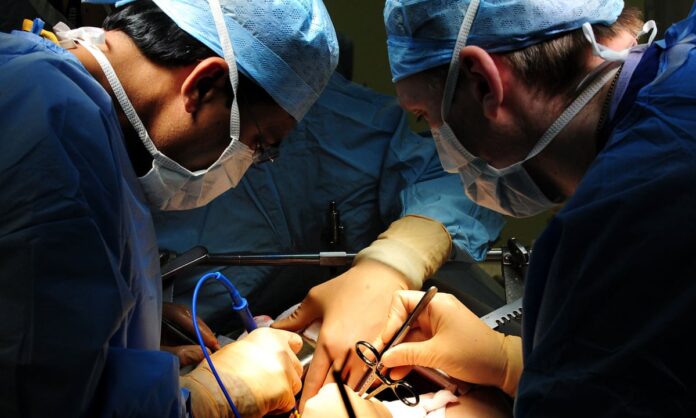The RCoA is warning that data gathered from 97% of NHS hospital Boards and Trusts shows that more than one million surgical procedures will need to be delayed every year unless anaesthetic workforce numbers are increased to meet patient demand.
As NHS hospitals face a perfect storm of significant anaesthetic staff shortages with 90% of hospitals having consultant vacancies, coupled with rising cases of COVID-19, it is non-COVID patients and the elective care they should be receiving which is being impacted.
To address this situation, the RCoA is again calling on the Government to invest in anaesthetic training places, packaged within a sustainable, long-term approach to the funding of medical training places in the UK.
The RCoA is currently working to define the number of anaesthetists needed over the next five year period and calls on the Government to work with them and stakeholders to fill these anaesthetic workforce gaps, so NHS patients can receive the hospital care wherever and whenever they need it.
The consequences of continuing to under invest in NHS staff will leave anaesthetists – who care for more than two-thirds of all NHS hospital patients and who have had a central role on the frontline during COVID-19 – continuing to struggle to provide full surgical services alongside any future pandemics.
Anaesthesia is the single largest hospital specialty, on which over three million patients rely each year. The UK anaesthetic workforce therefore needs to be placed on a more sustainable footing to enable it to safely meet the growing demand for healthcare services from an ageing population and the increasing complexity of patients’ multi-morbidities, while also being supported to meet the additional pressures of future pandemics.
Professor Ravi Mahajan, President of the Royal College of Anaesthetists said:
“In the UK and globally, anaesthetists have demonstrated their leadership skills in teaching and training and in supporting colleagues in intensive care units and wards. Anaesthetists have been vital to governments across the world in the development of new technologies and treatments to help care for the millions of COVID patients requiring our specialist care. This global pandemic has shown that there has never been a greater need for trained anaesthetists, and now, as a significant number of countries are entering second surges of this terrible virus, is the time for us to focus on this need.
“Investment in anaesthetic training capacity is essential to keep this critical hospital service safe. I am incredibly proud of the work of anaesthetists and all other healthcare professionals across the NHS who have sacrificed so much. We owe them all a huge debt of gratitude, so I call on the government to recognise and work with us to address this growing need.
“As we look to the future, it is more important than ever to recognise that a sustainable health and care workforce is necessary to deliver the NHS People Plan for 2020/21. While we welcomed the government’s £3.7B of capital funding for hospital development earlier this year, we re-iterate our call for investment in the training of qualified staff to work in those places.”







